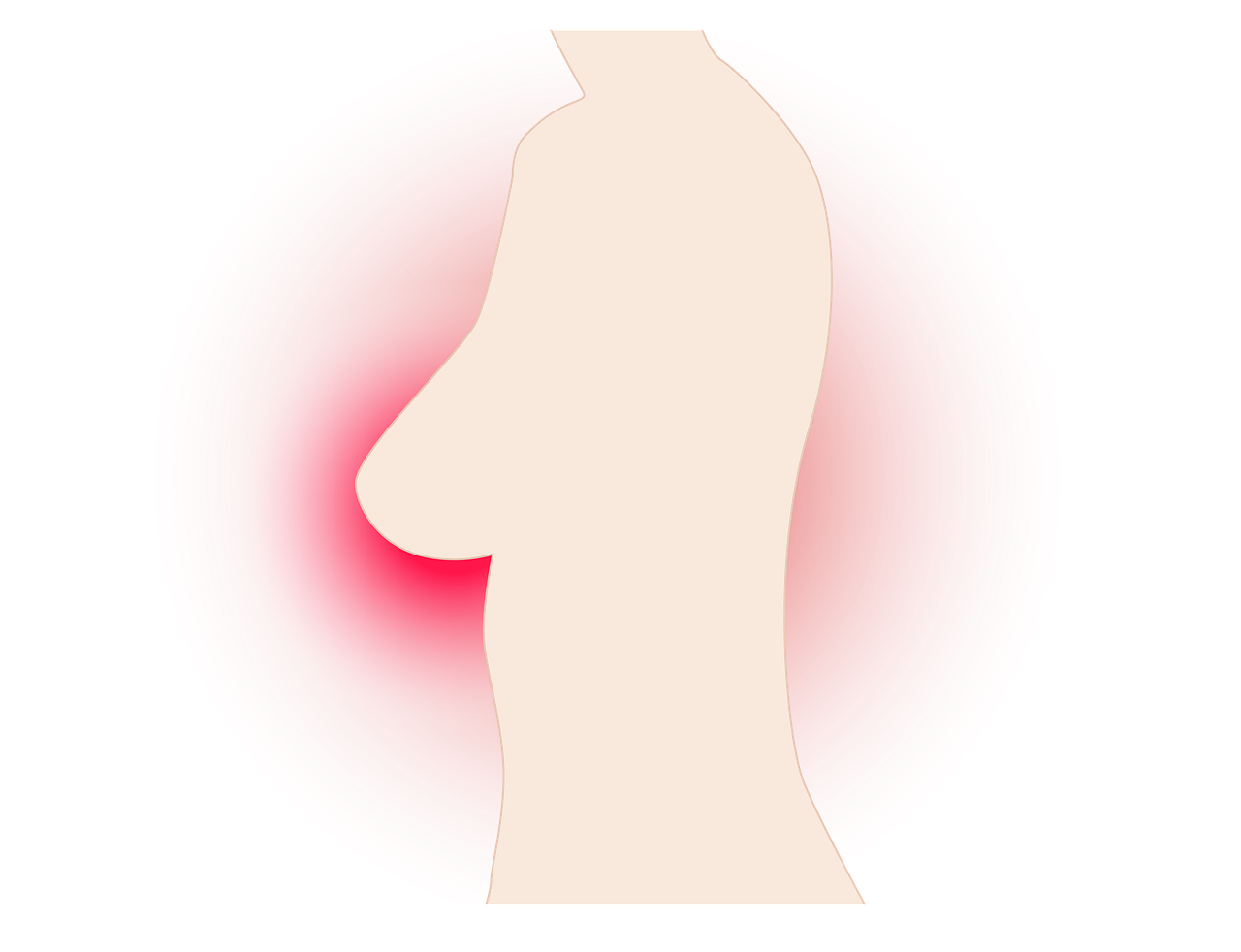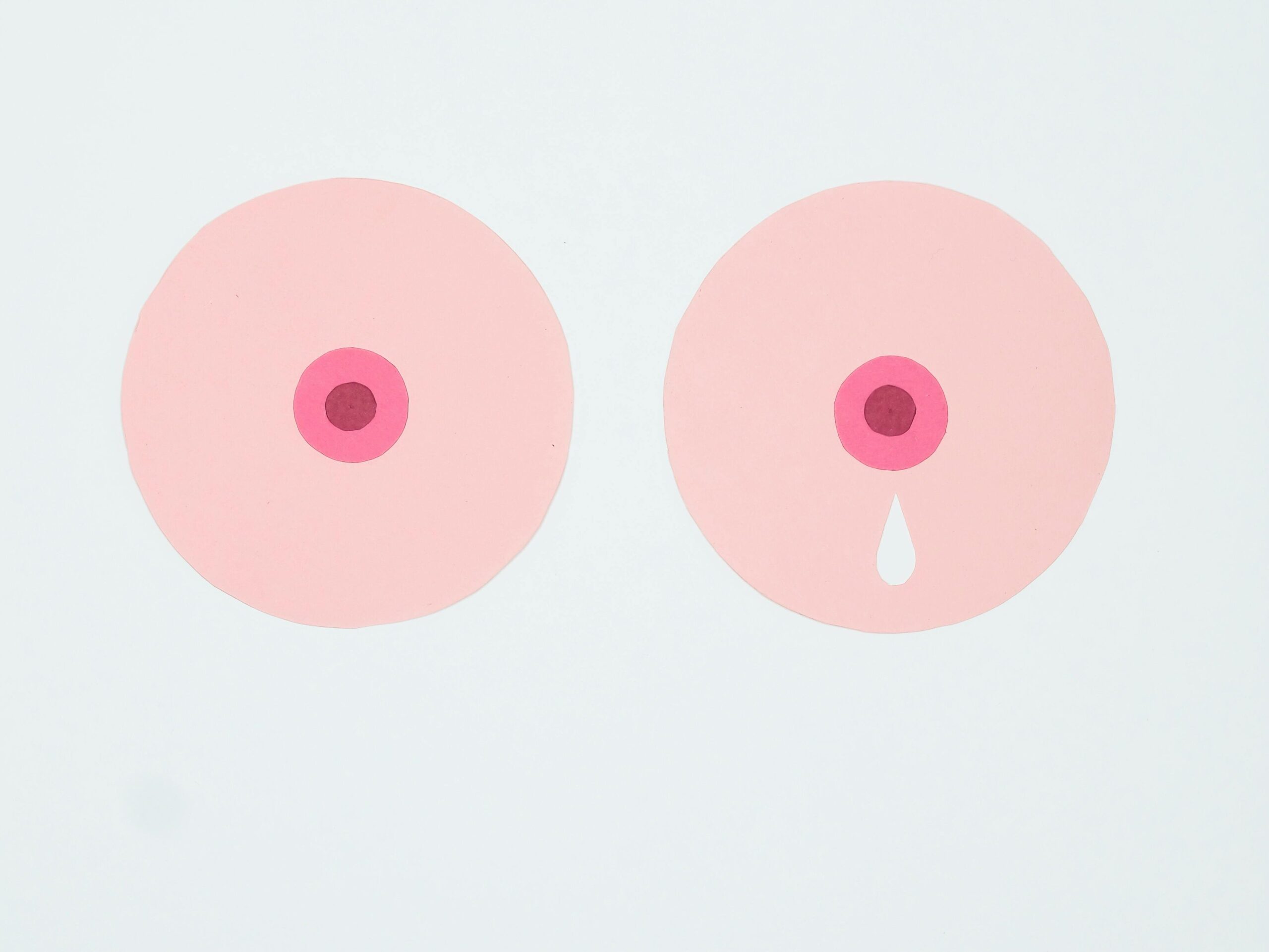Introduction
Breast health is surrounded by many misconceptions that can cause unnecessary worry and confusion. From myths about bras causing cancer to false beliefs about breastfeeding, these misunderstandings can lead to poor decisions about care and well-being. In this article, we’ll expose 10 dangerous myths about breast health and provide you with the facts you need to make informed choices. Understanding the truth behind these common myths will help you take control of your breast health with confidence and clarity.
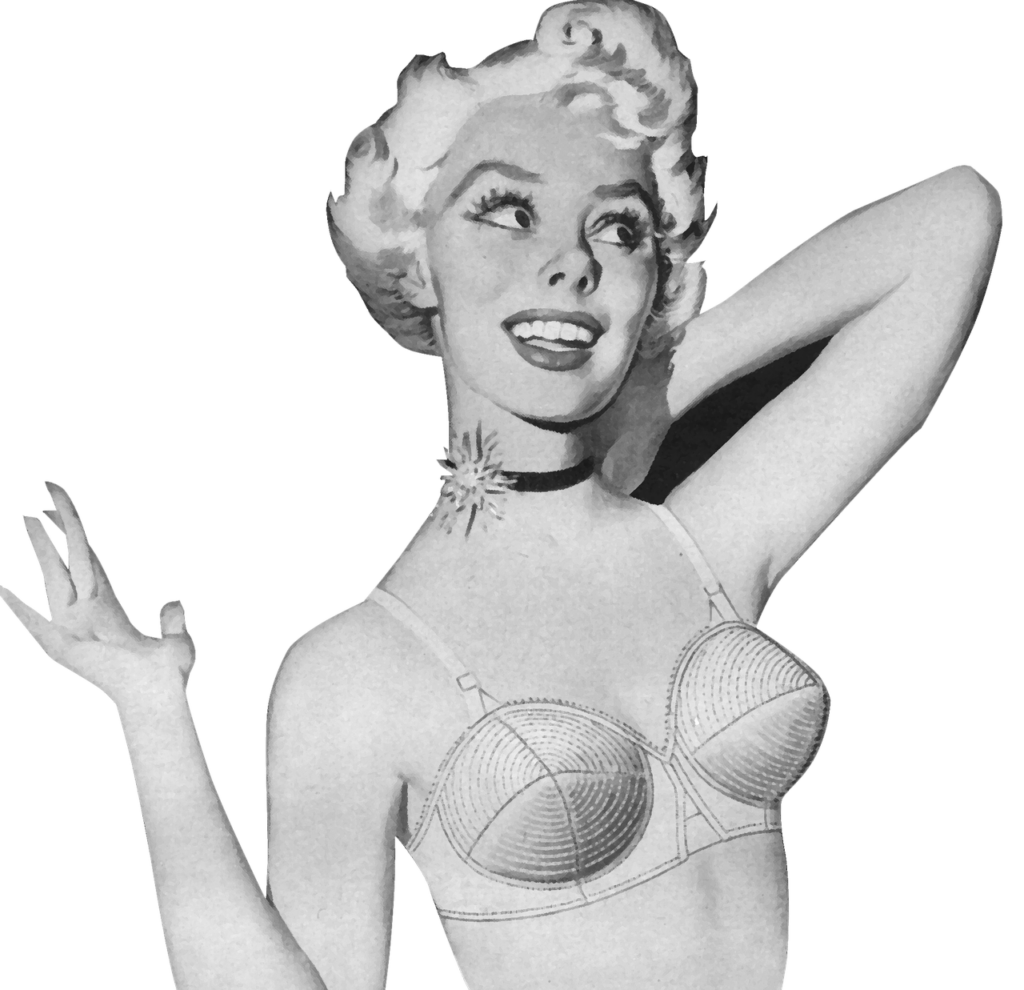
Table of Contents
1. Breast Size and Intercourse
– Myth: Having sex changes the size and shape of breast
– Reality: Breast size is determined by factors such as genetics, hormone levels, and body weight, not sexual activity. The idea that intercourse can change breast size is a misconception. While breasts may appear fuller during arousal due to increased blood flow, this is a temporary effect. Understanding that breast size is independent of sexual activity can help dispel unnecessary worries and promote body confidence.

2. Bras and Breast Health
– Myth: Wearing a bra can prevent breasts from sagging or, conversely, cause them to sag.
– Reality: The idea that bras can prevent sagging is widely believed, but it’s not entirely accurate. Sagging is a natural process influenced by factors like age, gravity, pregnancy, and genetics. While a supportive bra can offer comfort, especially during physical activities, it doesn’t permanently prevent sagging. On the other hand, not wearing a bra won’t cause your breasts to sag significantly. The key is to choose what feels most comfortable for you and supports your lifestyle.
3. Breastfeeding and Breast Health
– Myth: Breastfeeding will cause your breasts to sag or lead to other breast problems.
– Reality: Breastfeeding is a natural and healthy process that doesn’t directly cause sagging or damage breast health. Changes in breast shape or firmness often occur due to the stretching of skin and ligaments during pregnancy, not breastfeeding itself. In fact, breastfeeding offers numerous health benefits for both mother and baby. Supporting your breast health during and after breastfeeding is essential, but breastfeeding itself is not harmful.
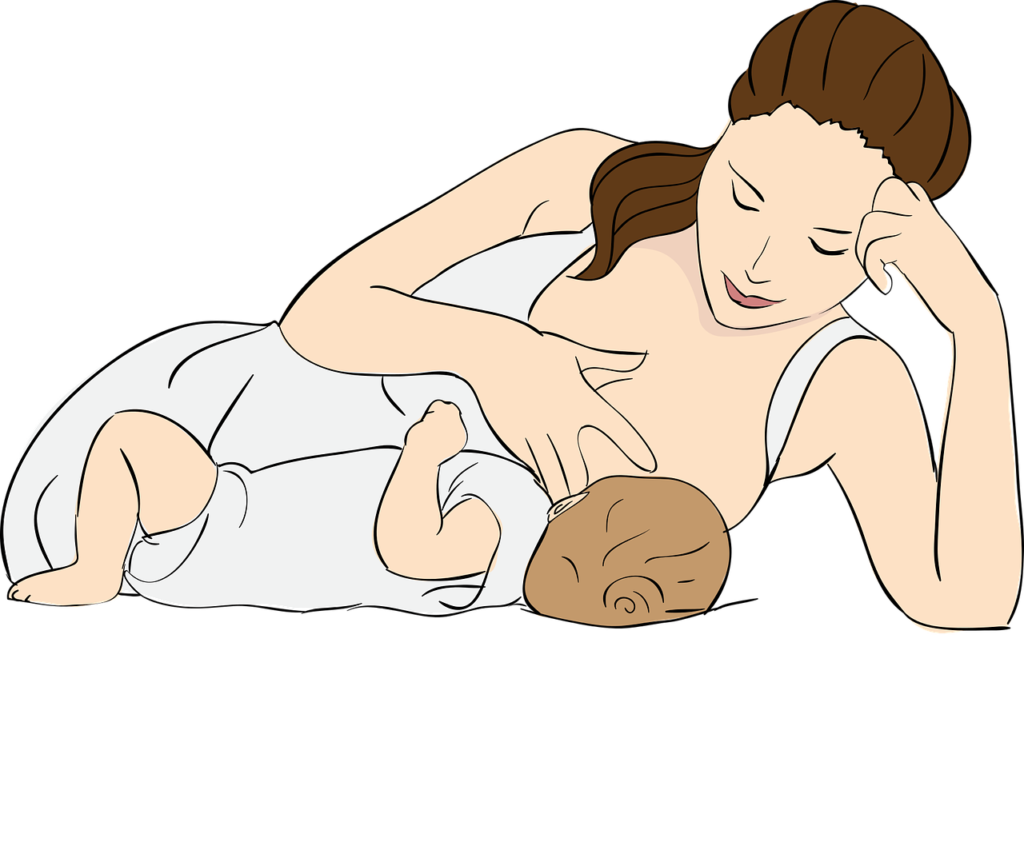
4. Bras and Breast Cancer
– Myth: Wearing a bra, especially underwire bras, can cause breast cancer.
– Reality: There is no scientific evidence linking bra-wearing, including underwire bras, to breast cancer. This myth has been debunked by several studies, which show that wearing a bra has no impact on your risk of developing breast cancer. It’s important to focus on proven risk factors for breast cancer, such as genetics and lifestyle choices, rather than worrying about everyday items like bras.
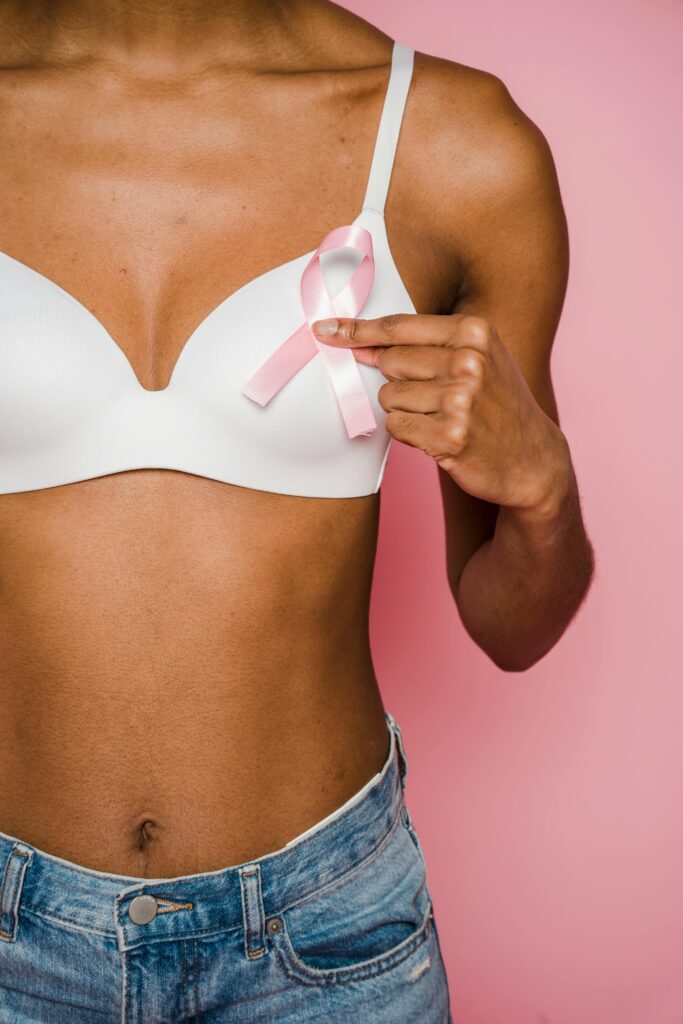
5. Intercourse During Breast Pain or Other Breast Issues
– Myth: You should avoid intercourse if you have breast pain or other breast issues.
– Reality: Mild breast pain, often related to hormonal changes during the menstrual cycle, doesn’t necessarily mean you need to avoid intercourse. Gentle physical activity, including intimacy, typically doesn’t worsen breast pain or cause harm. However, it’s important to listen to your body. If the pain is severe or linked to an underlying breast issue, you may want to avoid pressure on the breasts and focus on comfort. Communication with your partner is key to ensuring you feel at ease during intimacy. If breast pain is persistent or concerning, it’s advisable to consult a healthcare provider to rule out any serious conditions.

6. Gentle Playing with Breasts During Intimacy
– Myth: Gentle playing with breasts during intimacy can cause harm or change their size and shape.
– Reality: Engaging in gentle physical touch, including playing with the breasts during intimacy, does not harm or permanently alter the size and shape of breasts. Breasts are made of fatty tissue, glands, and connective tissue, which aren’t affected by gentle touching. While arousal may temporarily change their appearance, these changes are not permanent or harmful. Understanding the resilience of your breasts can help you enjoy intimacy without unnecessary concerns.

8. Nipple Shape Myths
– Myth: The shape or size of your nipples can affect your overall breast health or cause problems.
– Reality: Nipple shape and size vary widely among individuals and generally do not affect overall breast health. Concerns about nipple shape causing health issues are unfounded. The natural diversity in nipple appearance is normal, and there is no scientific basis for the belief that it affects breast health or causes any problems. Embracing the natural variation in nipple shapes can promote better self-acceptance and confidence.
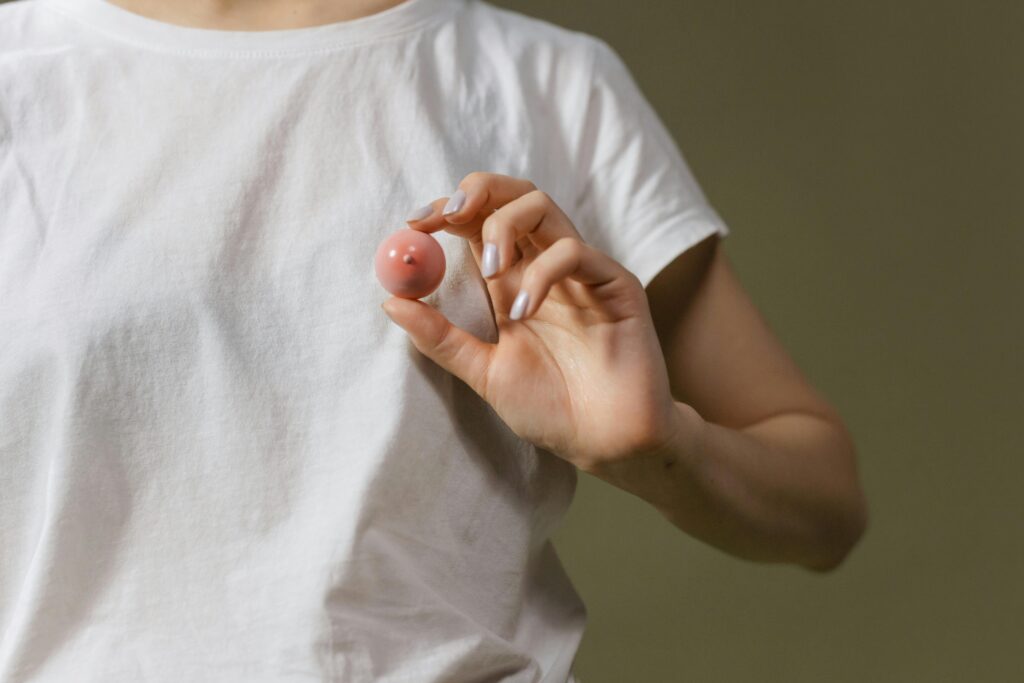
9. Secretion of Fluid Without Pregnancy or Lactation
– Myth: If you notice fluid secretion from your nipples without being pregnant or breastfeeding, it’s a serious health issue.
– Reality: Fluid secretion from the nipples, not related to pregnancy or lactation, can be caused by various factors, including hormonal changes, benign conditions like duct ectasia or papillomas, and medication side effects. While it can be alarming, it is not always a sign of a serious condition. However, any unexpected or unusual nipple discharge should be evaluated by a healthcare provider to rule out underlying issues and ensure proper diagnosis and treatment.
10. Not Wearing a Bra and Breast Sagging
– Myth: Not wearing a bra will cause your breasts to sag more quickly.
– Reality: The idea that not wearing a bra accelerates breast sagging is a common misconception. Breast sagging is largely influenced by factors like genetics, aging, hormonal changes, and gravity. While a bra can provide support and may temporarily help with comfort, it does not prevent natural sagging. The choice to wear or not wear a bra is based on personal comfort and preference rather than a preventive measure against sagging.
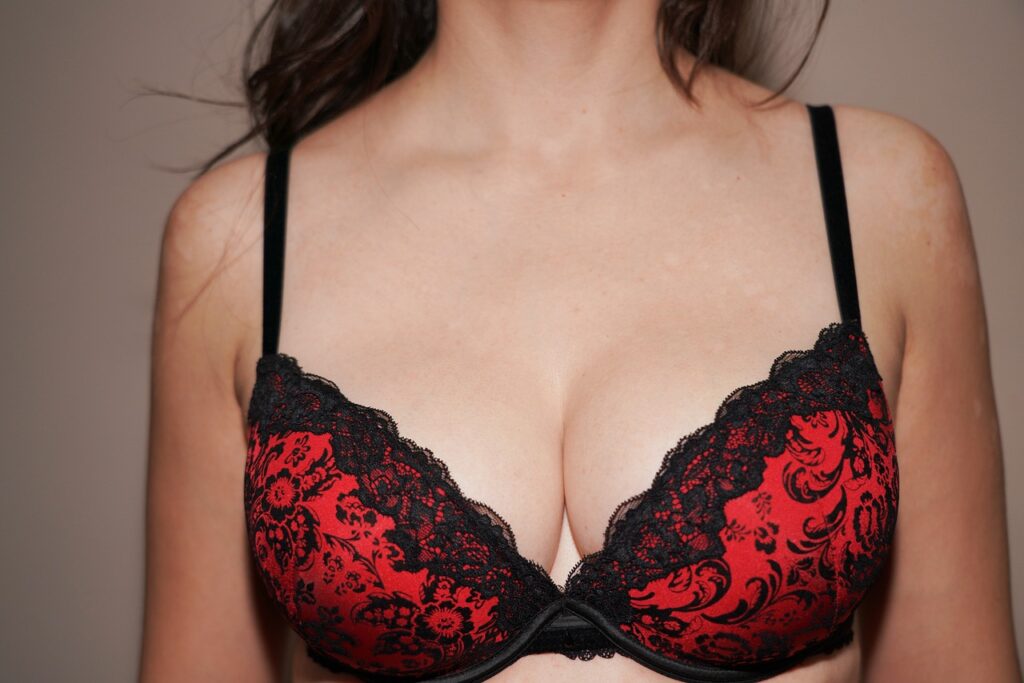
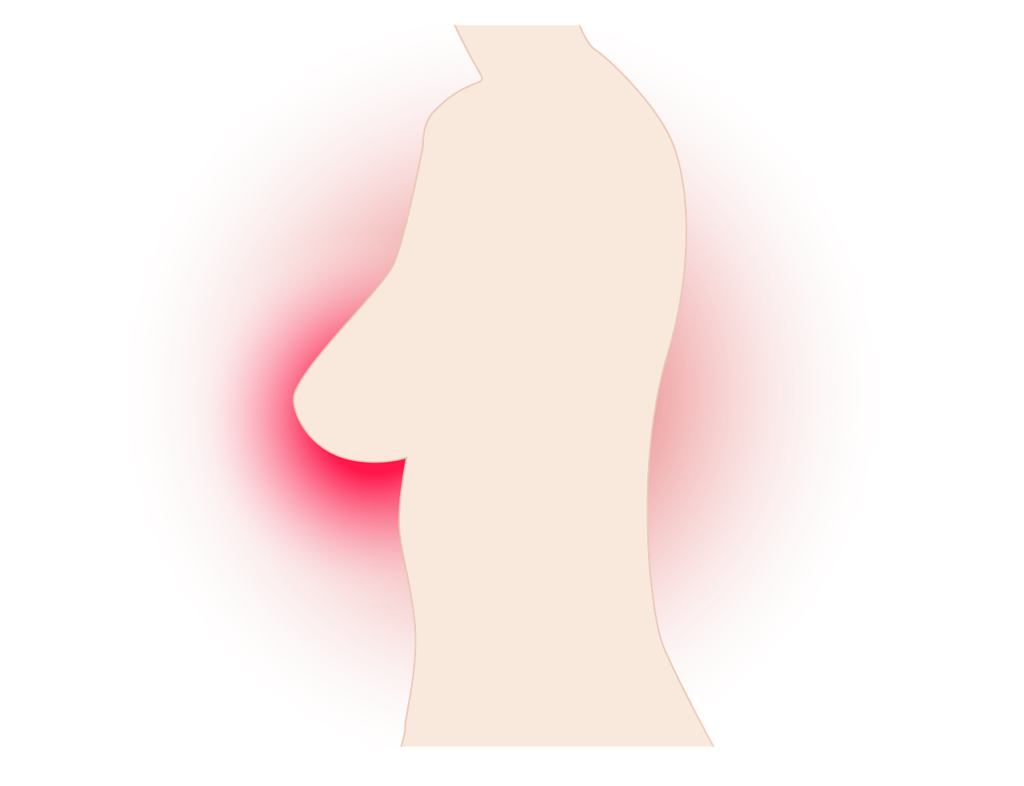
Conclusion
Understanding the truth behind common myths about breast health is crucial for maintaining confidence and well-being. By debunking misconceptions about breast size, bras, breastfeeding, and other concerns, you can make informed choices that support your health. Remember, accurate information helps dispel fears and promotes a healthier perspective on body care. For personalized guidance and support, contact the experts at Health Authentica. Our team is dedicated to providing you with the resources and advice you need to navigate your health concerns confidently. Reach out to us today for comprehensive support and information tailored to your needs.
